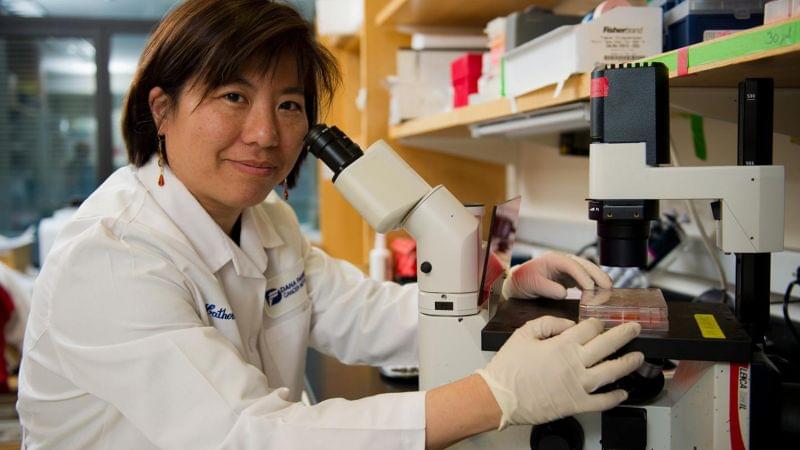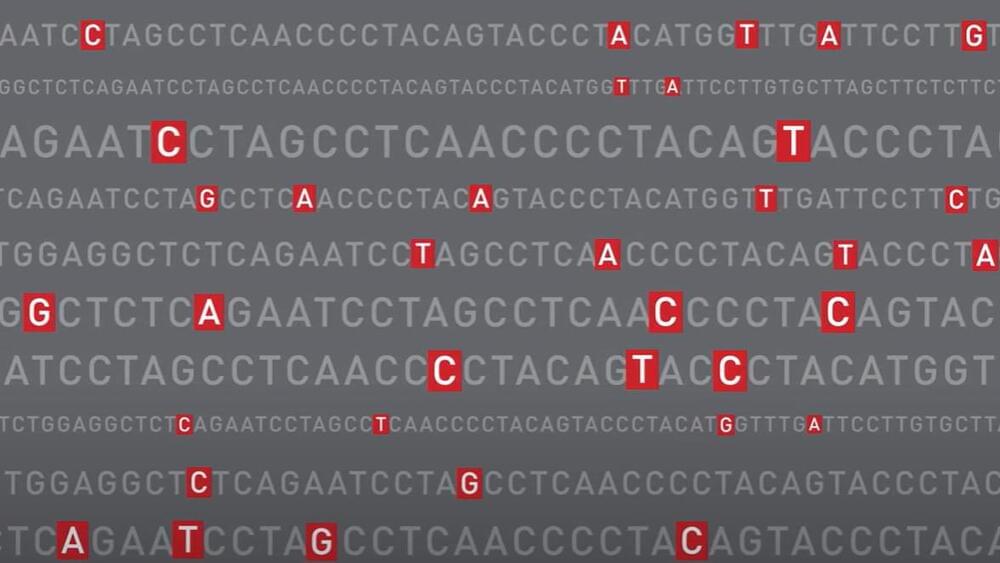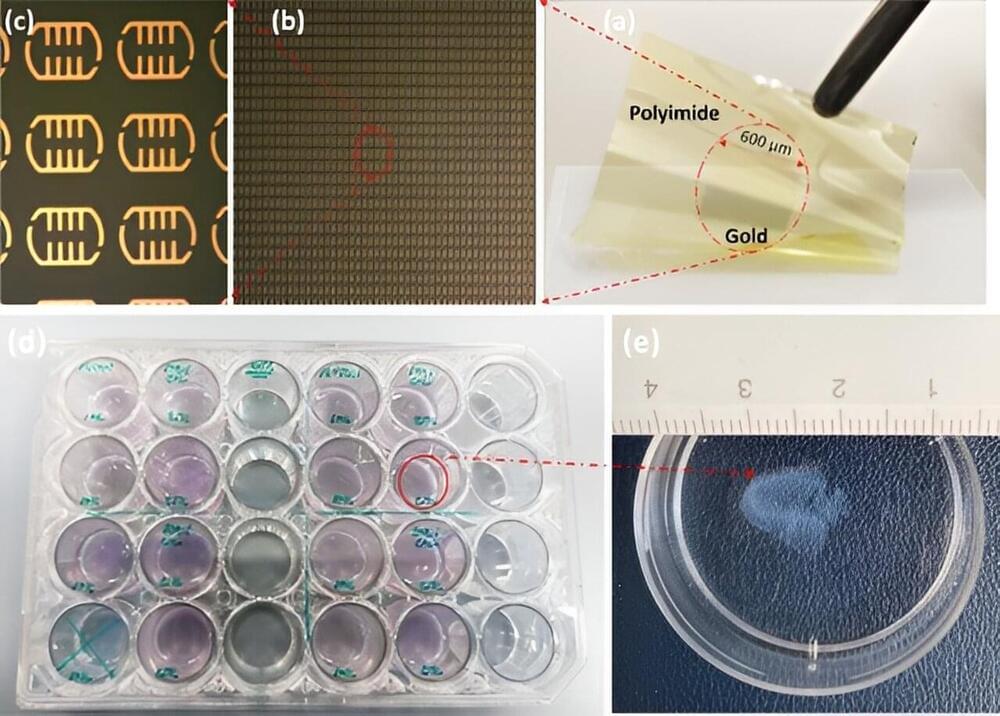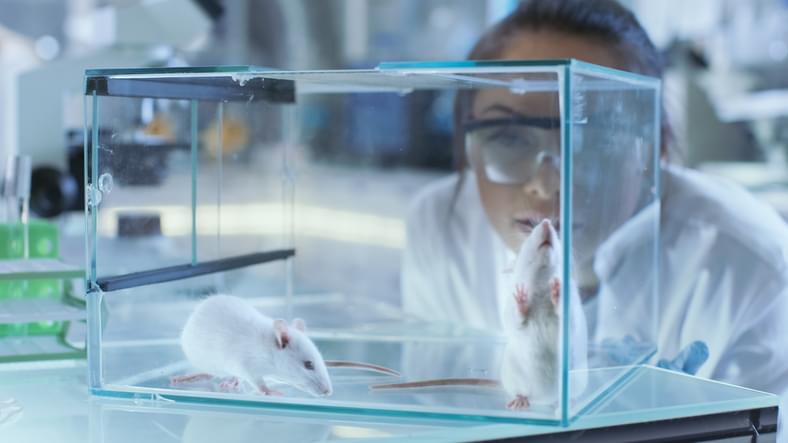Feb 21, 2024
New computer model of lung tissue could herald safer radiotherapy for cancer
Posted by Shubham Ghosh Roy in categories: biotech/medical, computing
An innovative computer model of a human lung is helping scientists simulate, for the first time, how a burst of radiation interacts with the organ on a cell-by-cell level.
This research, carried out at the University of Surrey and GSI Helmholtzzentrum für Schwerionenforschung, Darmstadt, could lead to more targeted treatments for cancer and reduce the damage caused by radiotherapy. The research is published in the journal Communications Medicine.
Dr. Roman Bauer, Senior Lecturer at the University of Surrey, said, “Doctors could one day use our model to choose the right length and strength of radiotherapy—tailored to their patient. This is exciting enough—but others could use our technique to study other organs. This could unlock all kinds of medical knowledge and could be great news for doctors and future patients.”

















